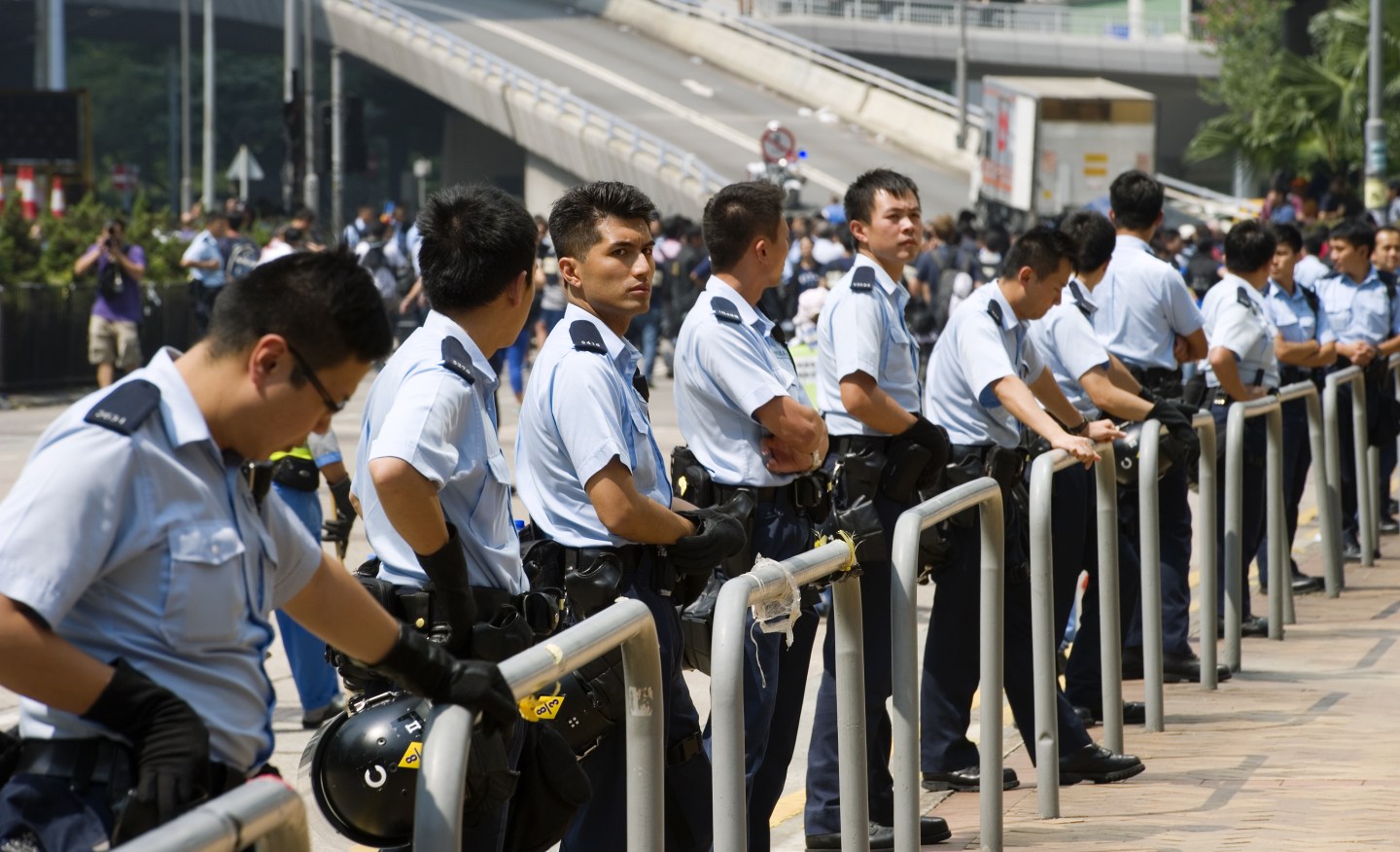This post is in partnership with Time. The article below was originally published at Time.com
By Denver Nicks, TIME
Media websites connected to the Hong Kong pro-democracy movement have been slammed in recent months with what has been described as one of the largest cyberattacks the Internet has ever seen.
The attacks have been leveled against websites for Apple Daily and PopVote, which held a mock-vote for Hong Kong chief executive. One of the protestors’ key demands is a free and open election for chief executive of the onetime British enclave.
The content delivery network Cloudfare, which services the sites, says the Denial of Service—or DDoS—attacks are the largest in the history of the Internet, by far. An attack in Europe brought 400 Gbps in attack traffic against an unidentified victim—the Hong Kong attacks are 500 Gbps in scale, Forbes reports. “[It’s] larger than any attack we’ve ever seen, and we’ve seen some of the biggest attacks the Internet has seen,” Cloudshare CEO Matthew Prince said.
“It’s safe to say the attackers are not sympathetic with the Hong Kong democracy movement,” Prince told Forbes, “but I don’t think we can necessarily say it’s the Chinese government. It could very well be an individual, or someone trying to make the Chinese government look bad.”
[Forbes]






